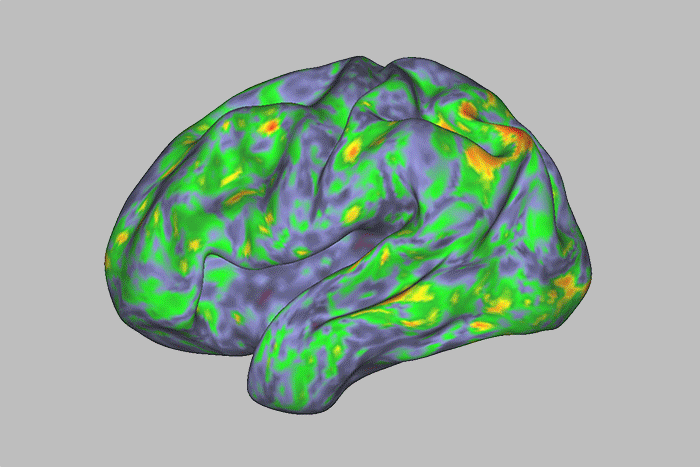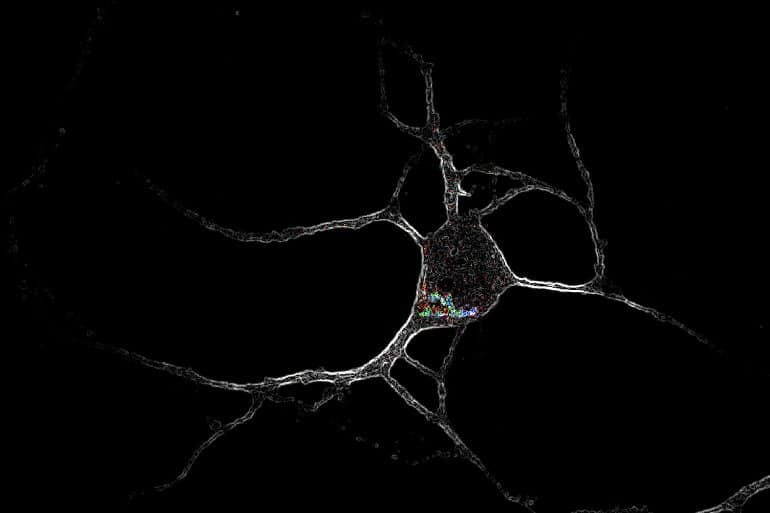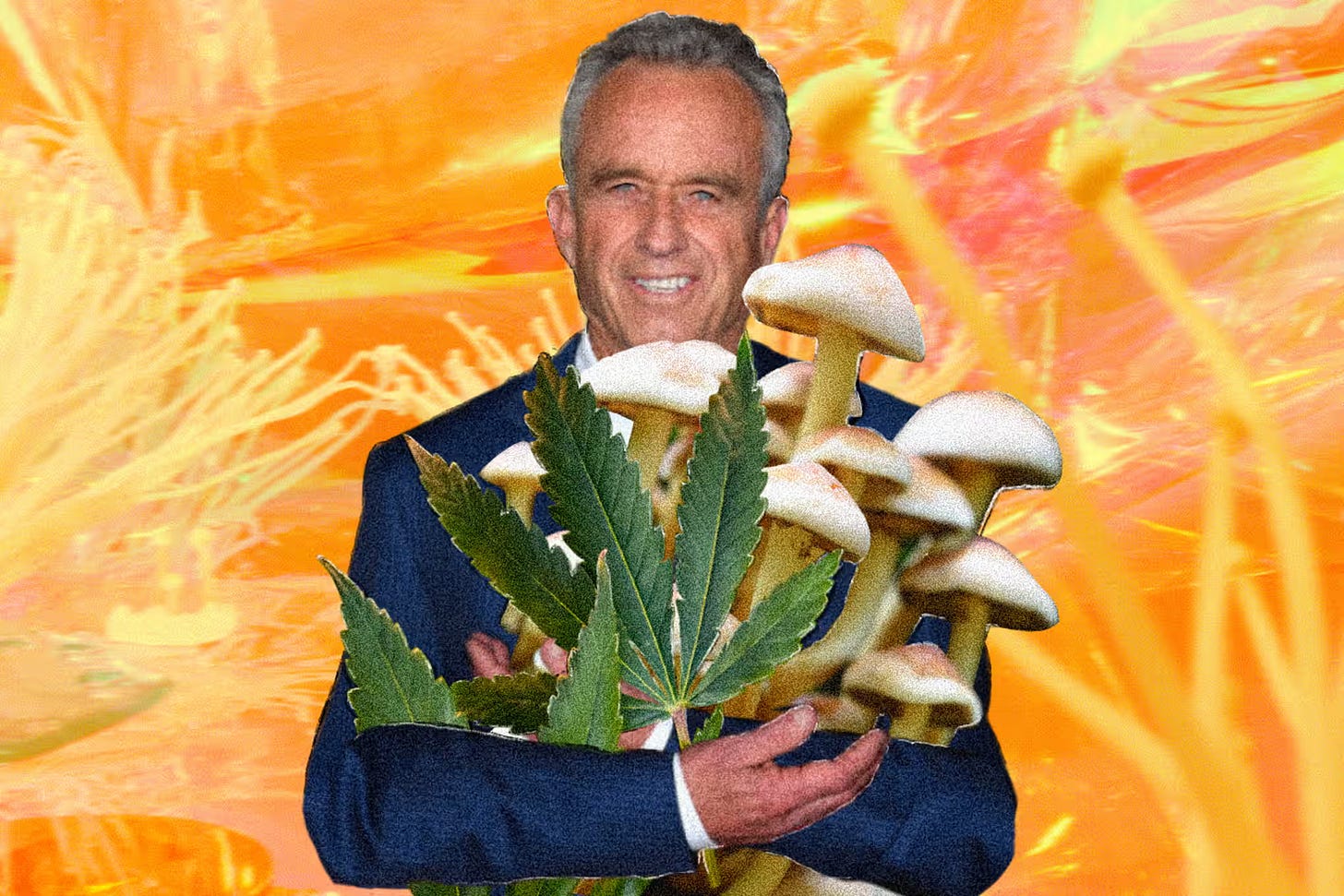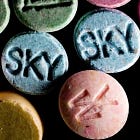Psychedelic medicine as the new frontier in mental health care?
How changing political landscape and confirmation of RFK Jr. as HHS secretary may be paving the way for psychedelic therapies in mental health.
The world is in the midst of a mental health crisis. Depression, anxiety, and PTSD are at an all-time high, and traditional treatments often fall short. But what if there were therapies hidden in plain sight, long stigmatized and sidelined in medical research? Psychedelic substances like psilocybin, MDMA, and LSD, once associated with counterculture and illicit use, are now resurfacing as promising mental health treatments.
Psychedelic therapies have become popular in the past several years and largely destigmatized. Elon Musk, Mike Tyson, Prince Harry, and others have claimed to use psychedelic substances for coping with mental health conditions and substance abuse issues. Despite psychedelics gaining popularity, no new treatments have been approved. Why is that?
Even with increasing interest, companies have struggled to get psychedelic drugs approved and made available to patients. Companies like Lykos Therapeutics have faced significant setbacks last year, such as the FDA’s rejection of its MDMA-assisted PTSD treatment. However, the shifting political landscape, especially with Robert F. Kennedy Jr. likely to be appointed as the U.S. Secretary of Health and Human Services (HHS), could signal a more favorable environment for psychedelic medicine. Today, Kennedy cleared the Senate committee, and a full Senate vote is expected later this week.
This article explores how psychedelics like psilocybin, MDMA, and LSD could revolutionize mental healthcare. It covers the history of psychedelic research, promising clinical trial results, and the challenges of gaining approval, while also examining the potential of AI and ethical considerations in this emerging field.
The second coming of psychedelic therapy: lessons from the past
The public’s perception of psychedelics is dynamic and complex, marked by periods of intense interest, fear, and now, cautious optimism. In the mid-20th century, substances like LSD and psilocybin were initially embraced as promising tools for psychotherapy and self-exploration, sparking a wave of research and cultural curiosity. However, this early enthusiasm was quickly overshadowed by growing concerns.
The recreational use of psychedelics surged, leading to negative media portrayals and a moral panic. The association of these substances with counterculture movements further fueled their demonization. This backlash was exacerbated by a lack of scientific understanding and the absence of clear guidelines for responsible use. Ultimately, strict legal restrictions were imposed, silencing scientific inquiry for decades and hindering the exploration of their therapeutic potential.
In recent years, several factors reignited the interest in psychedelics. A growing mental health crisis, coupled with the limitations of current treatments, has spurred a search for new approaches. Meanwhile, rigorous scientific studies have begun to reveal the potential benefits of psychedelics when used responsibly in controlled settings. Promising results in clinical trials for conditions like PTSD, depression, and addiction have challenged long-held assumptions and slowly chipped away at the stigma surrounding these substances.
However, the path to regulatory approval has been filled with challenges. Lykos, the company that came closest to achieving this milestone with their MDMA-assisted therapy for PTSD, faced a setback last August when the FDA rejected their application. This was due to concerns about potential scientific misconduct and “functional unblinding,” where the distinctive effects of MDMA could make it difficult to maintain a true placebo group in clinical trials (an issue faced by all psychedelic drug-making companies). The FDA’s concerns highlight the unique challenges of conducting clinical trials with psychedelics.
I wrote an article about Lykos’s disappointment last August:
The evolving landscape of psychedelic medicine could experience significant shifts with Robert F. Kennedy Jr.’s likely appointment as America’s top health official later this week. Given his controversial track record, his tenure at HHS could have profoundly negative implications for U.S. health policy, especially in areas like vaccine safety and public health. Kennedy’s outspoken views on these topics, including his longstanding criticism of vaccine policies (even though he downplayed his anti-vaccine stance at the confirmation hearings), have already sparked heated debates about the future of public health regulation in the country.
Kennedy has also been a vocal proponent of psychedelic-assisted therapies, expressing support for their potential to treat mental health conditions and addiction. He has frequently criticized the existing drug approval process, arguing that it is overly restrictive and slows the development of innovative treatments. His appointment could mean a more favorable regulatory environment for psychedelic research, potentially accelerating approval processes and boosting funding for clinical trials.
While this could lead to breakthroughs in mental health care, there are also concerns that a relaxed regulatory stance may overlook necessary safety and efficacy checks, potentially putting patients at risk. Ultimately, Kennedy’s leadership could create both opportunities and challenges, making the future of psychedelic policy unpredictable but primed for change.
The expanding potential of psychedelic therapies
With the shifting political landscape and increasing interest in psychedelic medicine, we may see further developments in the research of MDMA, psilocybin, LSD, and other psychedelics, which are being studied for their potential to treat conditions like PTSD, depression, addiction, and anxiety.
MDMA-assisted therapy for PTSD has attracted significant attention, with one study showing a 67% reduction in symptoms after just three sessions. The therapeutic potential of MDMA, which works by increasing oxytocin and decreasing amygdala activity, is being explored as an adjunct to psychotherapy, helping patients process traumatic memories with less emotional distress.

Beyond MDMA, psilocybin, the active compound in “magic mushrooms,” is being investigated for its potential to treat depression, anxiety, and addiction. Studies suggest that psilocybin works by reducing activity in the default mode network, a brain region linked to overthinking and self-focused thoughts, while boosting connectivity between other brain areas. This may allow for greater psychological flexibility and emotional processing, making it a promising option for those who haven’t responded to traditional antidepressants. Compass Pathways is leading the charge with their synthesized version of psilocybin (COMP360), which is currently in phase 3 trials for treatment-resistant depression. If successful, COMP360 could pave the way for FDA approval.

Similarly, LSD is showing potential in treating anxiety and cluster headaches. A 2024 study demonstrated its long-term benefits in reducing anxiety and depression symptoms, while researchers at Yale are exploring its effectiveness for severe headache disorders.
Ketamine has shown rapid antidepressant effects as ketamine infusion clinics are becoming increasingly widespread. Ketamine-derived nasal spray developed by Johnson & Johnson’s is approved by the FDA for standalone treatment as of January 21, 2025.
Other psychedelics, like ayahuasca and ibogaine, are also being explored for their potential benefits. Ayahuasca, a traditional Amazonian brew, has shown antidepressant properties in clinical trials, while ibogaine has demonstrated potential in treating opioid addiction. However, safety concerns with substances like ibogaine highlight the need for careful research and risk assessment.
Another exciting development is the exploration of DMT. Atai Life Sciences is currently developing an oral formulation of DMT (VLS-01) for treatment-resistant depression, which is in phase 1 trials. DMT produces intense but short-lived psychedelic experiences and, like other psychedelics, may offer therapeutic benefits by helping individuals confront addiction and mental health challenges.
Despite these promising findings, the research is still in its early stages, and many questions remain. The long-term safety and efficacy of psychedelic therapies are still being evaluated, and unique challenges, such as the subjective nature of psychedelic experiences, complicate clinical trial design. Researchers are exploring innovative approaches, like open-label studies and qualitative methods, to better capture the nuanced effects of these substances and ensure participant safety.

The future of psychedelic medicine: AI, ethics, and the path forward
As the field of psychedelic medicine continues to evolve, emerging technologies, particularly artificial intelligence, could play a transformative role in shaping its future. AI has the potential to accelerate drug discovery, optimize clinical trials, and even personalize psychedelic therapy, paving the way for more effective and tailored treatments.
By analyzing large datasets, AI could help identify new psychedelic compounds with therapeutic potential, while also predicting their risks and benefits. AI could also revolutionize clinical trials by designing smarter studies that account for the subjective nature of psychedelic experiences, making it easier to assess their true therapeutic potential. On the treatment side, AI might help personalize psychedelic therapy, analyzing patient data to create individualized treatment plans that maximize benefits while minimizing risks.
Moreover, AI could be used to enhance the therapeutic experience itself. Virtual reality (VR), powered by AI, is being explored to complement psychedelic therapies. By adapting in real-time to the patient’s emotional and physiological state, VR could offer personalized, immersive experiences that deepen therapeutic insights and provide support during challenging moments.
As research progresses, the synergy between psychedelics and AI could mark in a new era of mental health treatment. By combining cutting edge science with compassionate care, this emerging field has the potential to reshape how we approach mental health, offering more personalized, effective, and accessible treatments for those in need.
As psychedelic therapies gain momentum, their potential to reshape mental healthcare is becoming clearer. Despite ongoing challenges- clinical trial hurdles, scientific uncertainties, and regulatory concerns-the growing body of evidence, along with evolving public attitudes and political shifts, suggests that psychedelics could emerge as key components in the future of mental health treatment.
Thanks for reading Biotech Blueprint!






